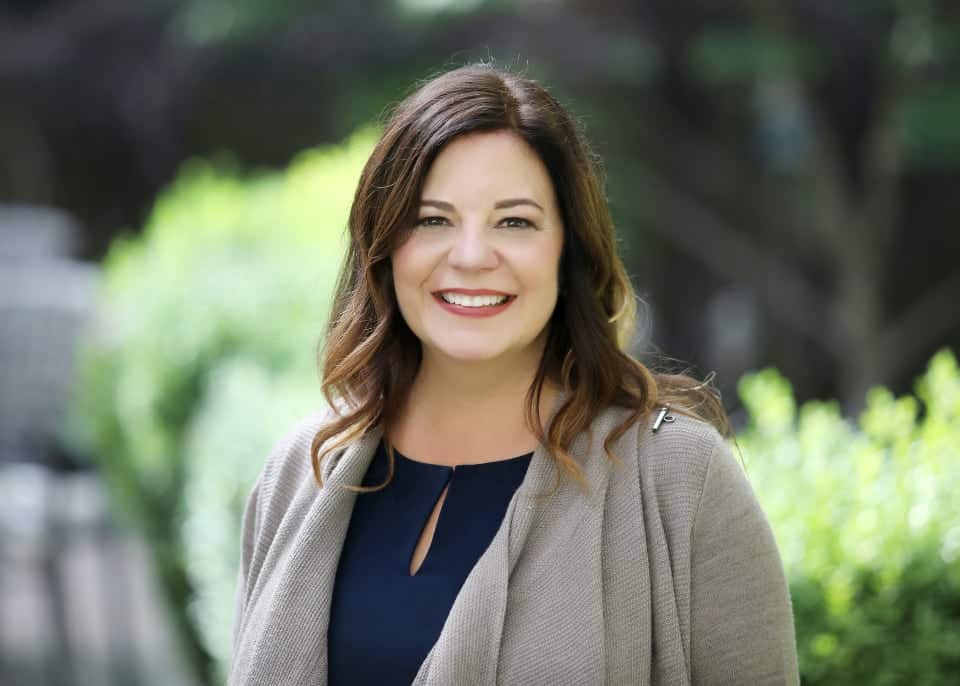Five Ways Philanthropists Can Turn Adversity into Opportunity

Nobody ever chooses the hard road, but it has a way of finding us. And when it does, sometimes the only choice we have is in how we respond. Interestingly, we never know exactly what we’re capable of until we’re tested. So, especially for philanthropists and other change makers, during this new world of SARS-CoV-2, this is a good time to rise to the occasion and stretch to a new level of potential.
As a long-time philanthropy advisor, I help my clients recognize when their giving approach is a form of “Delusional Altruism.” Then, together, we work to change defeating patterns and dramatically increase their effectiveness. At a time of extreme uncertainty and challenges here are five focus areas that can dramatically improve your effectiveness today, and into the future:
1. Clarify your strategy. Your mission should remain the same (it’s the reason your philanthropy exists) but your strategy can adjust year to year. If you don’t have a strategy, you can rapidly create one. It’s a matter of identifying your desired future state by asking yourself questions like: What impact do we want to have on our community? The world? What are the relationships we want to have with each other and our community? What do we want to look like, sound like, feel like, smell like a year from now? If we could achieve our ideal outcome, what would it be? Once you have a strategy, make sure everyone on your team is aware of it, focused on it, and implementing it.
2. Prioritize. Pick top priorities for the next four months. Focus everyone’s efforts on what’s most important. And make sure they block time in their calendar to work on them. This is what I like to call, “doing what it takes.” It requires identifying the top and most immediate priorities at the top of the list for your entire organization. One of the biggest pitfalls to doing this well is when organizations fail to stop doing old priorities. If it’s not that important, you shouldn’t be doing it anyway. If it is important in the long run, you can keep it moving by delegating it to someone who can work on it in the background, while you are focused on your top priorities. For example, an intern can conduct research, or a consultant can help you design a new funding initiative
3. Expand your capacity. Working remotely is increasingly cited as one of the most coveted work benefits. It’s also proving to be a necessity during the current crisis. If this is a challenge for your organization, lean into it. Put people at the center and keep your forward momentum. If you’ve been hesitant to take video calls, now is the time to try it out! This will enable you to continue to be as high touch as you need to be. Ask the most technology savvy person in your office to help lead the effort and train people to use it. Practice with each other or with colleagues who won’t care if you aren’t looking “professional” today.
4. Stay the course. While it’s always important to respond to a crisis by offering an emergency grant, that doesn’t mean you need to switch your entire grantmaking strategy to infectious disease prevention. If your grantmaking focus is to ensure high quality Pre-K for every child in your community, that should continue to be your priority. You can take the time to talk to your partners and grantees to find out how the crisis is impacting them and offer additional or different ways of supporting them. But that’s an adjustment, not a wholesale switcheroo. Offering this kind of support while at the same time showing consistency in word and deed can go a long way toward alleviating the rising anxiety levels of grantees on the ground.
5. Become the philanthropist you want to be. In 2017, while I was advising the Community Foundation Sonoma County on revising its business model, wildfires ravaged their community. The foundation, and its visionary CEO Beth Brown, quickly adapted how they gave and how they operated. First, they established a fund specifically designed to address the community’s mid- to long-term recovery needs. When they recognized inequities in the recovery process, they added an equity lens to all their disaster recovery grantmaking. Before the business model was complete, they’d already stepped into their new community leadership role!
Here’s what Brown had to say about the experience: “Our response to the wildfires showed us who we are in a crisis, as well as a glimpse of the type of foundation we can become. We decided to incorporate this experience—of being bigger and bolder in our fundraising, grantmaking, and community leadership—into our business model rather than consider it a one-time experience.” You can do that too. Use today’s challenges to become more strategic, focused, efficient, consistent and closer to the aspirational version of yourself you dream about.
Written by Kris Putnam-Walkerly, Have you read?
# Global Passport Ranking, 2020
# World’s Best Cities For Millennials In 2020
# Richest Actors In Hollywood For 2020
# Richest CEOs In The World For 2020
# Countries with the largest household size
Add CEOWORLD magazine to your Google News feed.
Follow CEOWORLD magazine headlines on: Google News, LinkedIn, Twitter, and Facebook.
Copyright 2024 The CEOWORLD magazine. All rights reserved. This material (and any extract from it) must not be copied, redistributed or placed on any website, without CEOWORLD magazine' prior written consent. For media queries, please contact: info@ceoworld.biz








